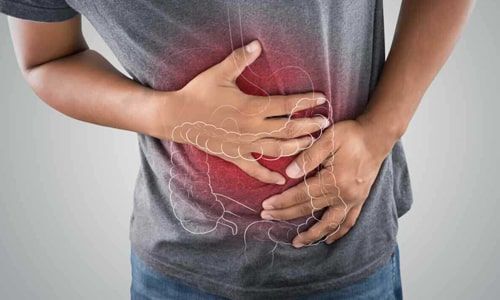
Colon Cancer
What is Colon Cancer?
A normal and healthy individual has millions of large intestinal cells. After each cell completes its current duties, it dies and is excreted in the feces. These dead cells are replaced by younger and newer cells. And this continues in a loop.
In this cycle, some deterioration occurs due to genetic and sometimes environmental factors. Cells that should die in a normal life cycle can begin to multiply in countless ways. These cells, which multiply and become abnormal, reveal colon cancer.
Colon cancer is completely curable with early detection. When not detected early and the cancer progresses, cancerous cells can spread to nearby organs such as the stomach and spleen, and to nearby lymph nodes. When such progress is observed, a different and comprehensive course of treatment will be needed.
Colon Cancer Symptoms
In the large intestines, there are columns that hold the right and left sides of the intestine. And right-sided colon cancer and left-sided colon cancer show different symptoms. The fact that the right side has a wider area causes the cancer to show less symptoms here and to progress more insidiously. The narrower area on the left side allows the symptoms to be felt more easily.
Colon cancer symptoms are generally as follows;
- Persistent diarrhea or constant constipation
- Difficulty defecating and painful defecation,
- The thinning of the ablution,
- Bleeding from the anus
- Observation of a secretion in the egg white in stool
- Vomiting,
- Unexplained weight loss
- The feeling of not emptying the intestines enough,
- It is a feeling of bloating and constant pain in the abdomen.
Diagnosing colon cancer before its stages progress and starting a treatment process in line with this diagnosis increases the chances of survival.
Colon Cancer Diagnosis and Diagnosis
Regular endoscopic examinations are required for early diagnosis and diagnosis of colon cancer. Colonoscopy is the most commonly preferred endoscopic examination in the diagnosis of colon cancer. An existing cancer tumor can be detected at an early stage thanks to colonoscopy. Or, by detecting polyps that may lead to cancer, cancer formation is prevented.
For the early diagnosis of colon cancer, it is recommended that individuals over the age of 50 should undergo colonoscopic examinations at intervals of 2-5 years. You can prevent colon cancer or have it treated with early diagnosis thanks to colonoscopic applications that have become very easy and comfortable with the developing technology .
Colon Cancer Treatment
cancer treatment , the stage of the cancer is of great importance. If colon cancer is diagnosed at an early stage, surgery may not be required for treatment. If polyps are detected before they turn into cancer, it can prevent colon cancer to a large extent. For this, the most important step recommended by all experts is to carry out the necessary examinations and tests at certain intervals.
If colon cancer is diagnosed in advanced stages, the only treatment option to be applied here is surgical applications. In advanced stage colon cancer, the tumor area is removed by surgery. As a precaution, some amount is taken in the tumor area, healthy tissue and lymph nodes.
In the treatment of colon cancer, additional chemotherapy applications may be needed depending on the stage of the disease. As in all types of cancer, chemotherapy is needed in order to prevent the spread of the disease in colon cancer.
